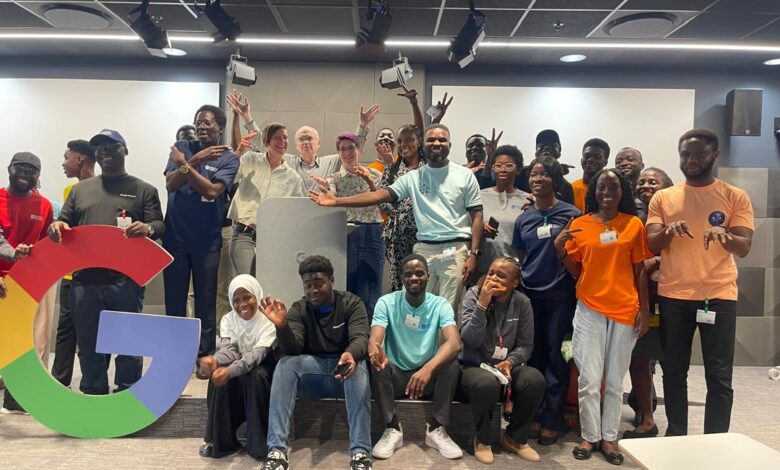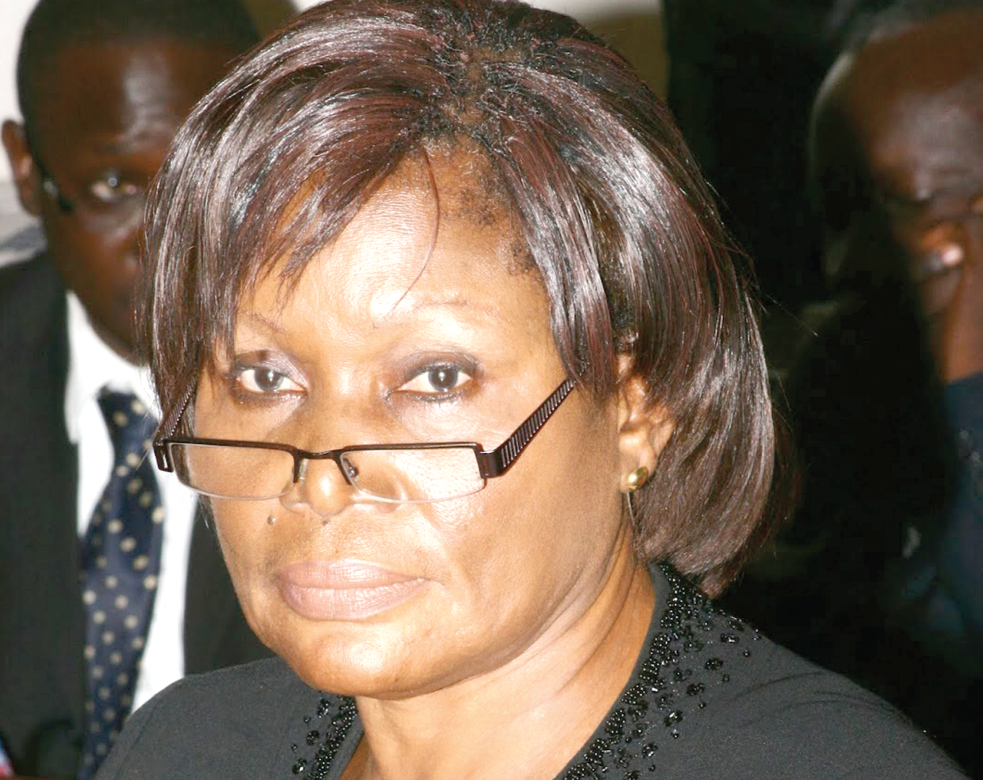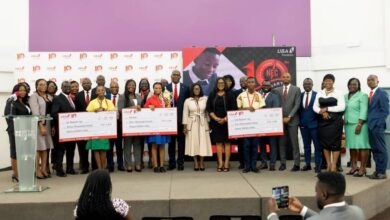Google and University of Ghana Collaborate on Project Euphonia to Improve Speech Recognition for Individuals with Non-Standard Speech Patterns

Google Research Africa, the University of Ghana, and UCL’s Global Disability Innovation Hub (GDI Hub) are joining forces on Project Euphonia, an innovative research initiative dedicated to improving speech recognition technology for individuals with non-standard speech patterns. The project aims to create AI models that better understand and accurately interpret diverse speech patterns, focusing on local Ghanaian languages to enhance inclusivity in communication.
At a tech talk and press event held at Google Ghana, the partners showcased the progress of Project Euphonia, an initiative driven by the mission to advance Automatic Speech Recognition (ASR) for speakers with unique speech patterns resulting from conditions such as Cerebral Palsy, ALS, stroke, Down Syndrome, or Parkinson’s. This event underscored the importance of using AI to address real-world accessibility barriers and announced upcoming data collection efforts across Ghana, where local speech therapists will gather voice samples in Akan, Ewe, Ikposo, Dagbani, and Dagaare.
Project Euphonia seeks to close the gap that many conventional speech recognition systems encounter when processing non-standard speech, which often leads to limitations in communication. By focusing on Ghanaian languages, the project hopes to create ASR models that respond to the linguistic nuances and phonetic patterns of these languages, ultimately making technology more inclusive for Ghanaians with non-standard speech.
The collaborative effort is powered by a $40,000 grant from Google and research support from the GDI Hub’s AT2030 program, which provides expertise and resources to develop AI technologies tailored to underserved communities. Google Research scientists are working closely with University of Ghana researchers and students, building speech models and creating an open-source dataset for Ghanaian languages, the first of its kind for non-standard speech.
Katrin Tomanek, Senior Research Scientist at Google Research, remarked: “Collaborating on Project Euphonia in Ghana allows us to leverage local expertise to make ASR technology more inclusive for all. By supporting the creation of the first open-source dataset of non-standard speech in Ghanaian languages, Google is reaffirming its commitment to AI research in Africa, ensuring technological advancements benefit everyone.”
Echoing this sentiment, Prof. Cathy Holloway, Academic Director of GDI Hub, emphasized the importance of linguistic diversity in AI development: “Expanding AI-powered speech recognition to more languages helps ensure that individuals with non-standard speech can communicate effectively with people and devices. This collaboration will not only improve accessibility in Ghana but also offer insights for global AI development, paving the way for future projects in Africa and beyond.”
Prof. Isaac Wiafe, Project Lead and Associate Professor at the University of Ghana, highlighted the project’s mission: “Leading this initiative reflects our commitment to using technology to address real-world challenges. By developing localized AI solutions, we can ensure more Ghanaians communicate effectively, regardless of their speech patterns.”
Project Euphonia is part of Google’s broader commitment to fostering AI innovation in Africa. With funding, technical expertise, and cloud computing resources, Google aims to empower local researchers and create solutions with far-reaching global impact. This initiative builds on the Project Relate app, which continues to improve communication for individuals with non-standard speech worldwide.
As Project Euphonia progresses, the partners look forward to expanding the technology to other languages and regions, ensuring that the benefits of inclusive AI reach communities everywhere.




